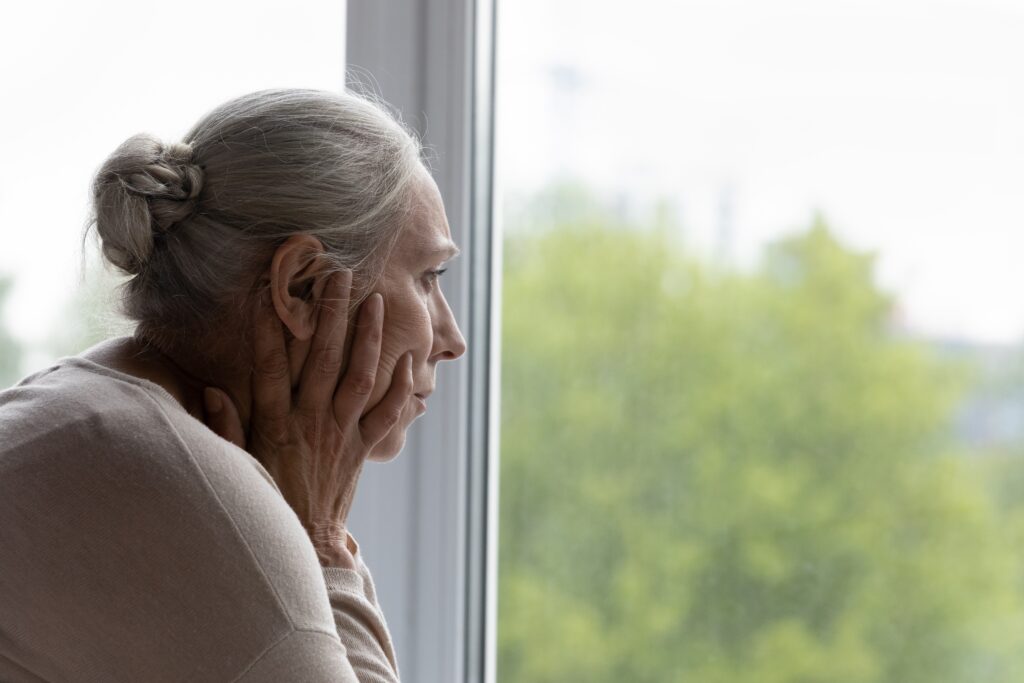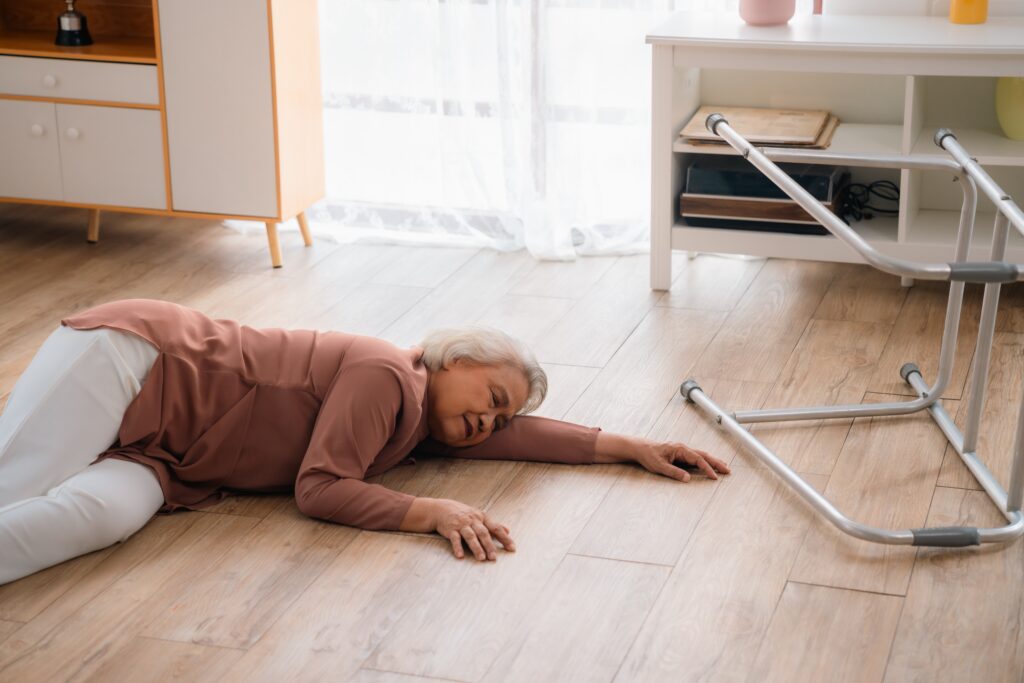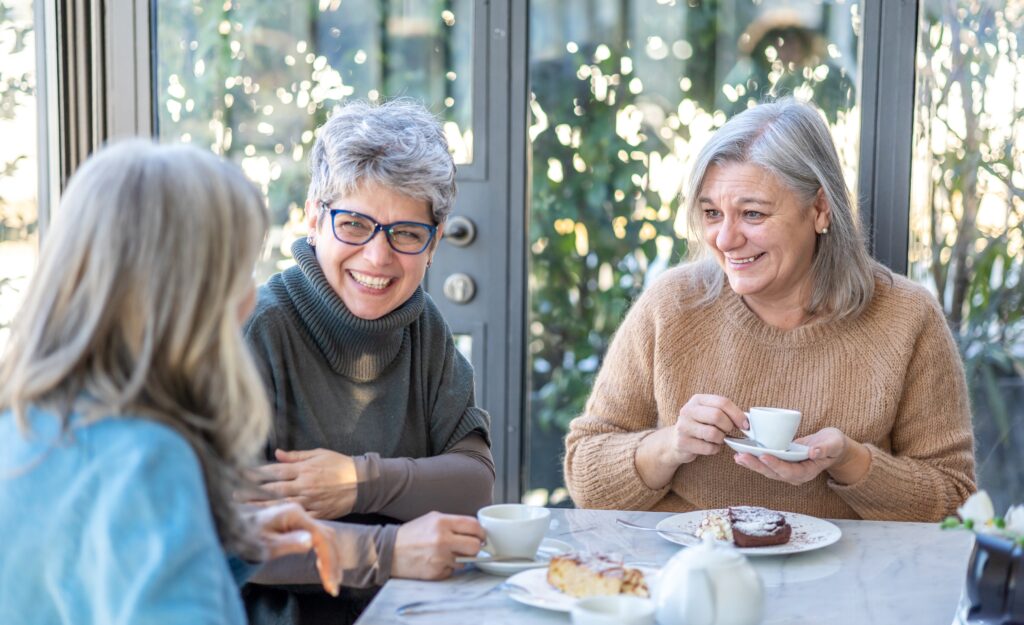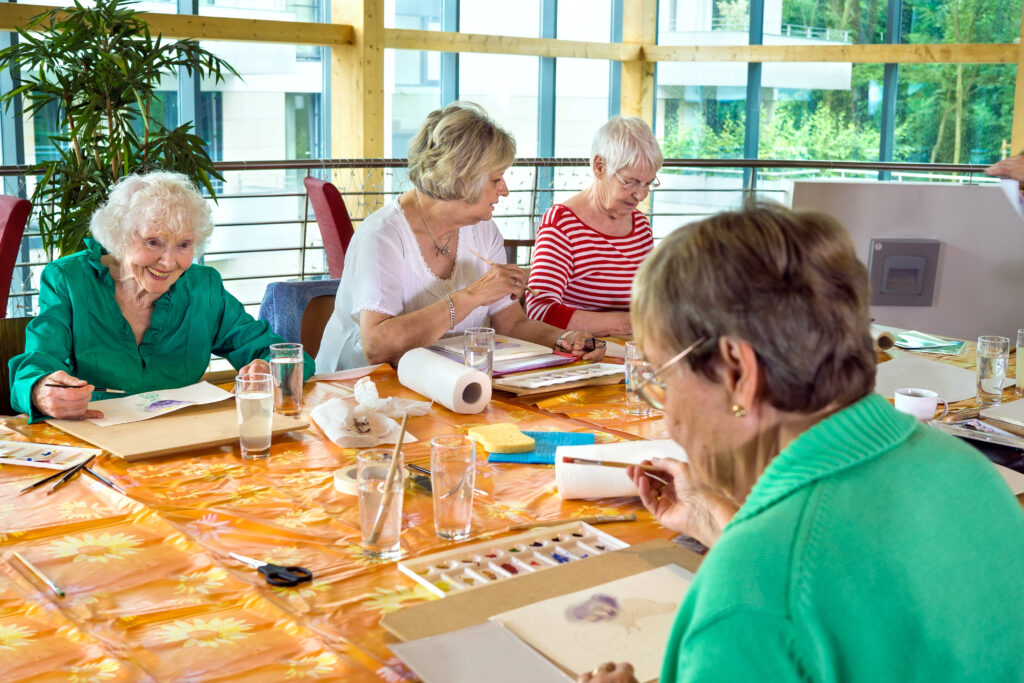Failing to plan for these harsh truths could leave you vulnerable and alone in your later years.

Aging without a spouse or children is more common than people realize—and yet, it’s a reality many don’t prepare for until they’re already feeling the weight of it. It’s not just about being alone; it’s about having to make every decision by yourself, from medical care to legal matters to who will notice if something goes wrong. That independence can be empowering, but only if it’s supported by solid plans and thoughtful choices.
If you’re a solo ager, it’s crucial to be proactive. You don’t have to live with anxiety about the future or feel unprotected in your later years. But you do have to face some uncomfortable truths head-on. These aren’t just possibilities—they’re likely scenarios. The more you prepare, the more freedom, stability, and peace of mind you’ll have. Let’s take a closer look at the 11 realities that demand your attention.
1. No one will step in if you don’t plan your healthcare decisions.

If you haven’t designated someone to speak on your behalf, you’re essentially leaving your most personal decisions in the hands of strangers, say writers at Right at Home. In moments when you’re unable to advocate for yourself—due to illness, injury, or cognitive decline—doctors may be forced to make choices without knowing your wishes. This can lead to medical treatments you never wanted or outcomes you could’ve avoided.
That’s why setting up a healthcare proxy and living will is essential. These documents make your preferences clear and legally binding. You might also consider talking to a lawyer about a broader medical power of attorney. And don’t forget to share copies with your primary doctor and trusted friends. The time to make those decisions is now—when you’re still fully capable and clearheaded.
2. Aging at home could turn into a dangerous gamble.

Most of us picture aging in our own cozy homes, surrounded by familiarity and comfort. But as your physical needs change, so does your ability to safely manage a home on your own. Tasks like cooking over a stove, climbing stairs, or even getting in and out of the tub can become hazardous. If you don’t plan ahead, that independence you cherish could suddenly become a risk to your well-being.
Think about how your home could evolve with you. Would you benefit from a single-floor layout or smart technology to monitor safety? Could you afford to bring in professional help a few times a week? Budgeting for home renovations or part-time care may seem premature now, but these investments could mean the difference between thriving or struggling in your later years, according to Sharona Hoffman at Aging Care.
3. You’ll need to find people you trust with your finances.

As we age, managing money often becomes more complex, especially with the increasing risk of scams targeting older adults. If you’re going it alone, there’s no built-in family member checking for red flags or catching errors in your bills. Even something as simple as forgetting to pay an important invoice can have major consequences if there’s no one to back you up, as stated by the authors at Human Good.
That’s why developing a relationship with a trusted financial advisor or a responsible friend is critical. Ideally, you should choose someone who understands your values and long-term goals. Set up a durable power of attorney for financial matters, and schedule regular check-ins. The earlier you build that trust and put safeguards in place, the more protected and prepared you’ll be.
4. Isolation could creep in and take a toll on your mental health.

It’s easy to underestimate the impact of loneliness—until it settles in. Being alone day after day without meaningful interaction can take a serious toll on your emotional well-being. Studies have linked social isolation to depression, anxiety, and even physical decline. When no one checks in on you regularly, it becomes easier to withdraw, which only deepens the cycle.
Building a network of social connections now is one of the best emotional investments you can make. Join local groups, find online communities, or volunteer where your presence is needed. Make regular plans with friends, neighbors, or even friendly acquaintances. Human connection doesn’t just lift your spirits—it keeps your mind sharp and your sense of purpose strong.
5. Emergency situations could leave you stranded and helpless.

In times of crisis, having someone to call—or someone who notices you’re missing—is a literal lifesaver. Solo agers can’t afford to leave this to chance. Whether it’s a fire, hurricane, blackout, or medical emergency, the lack of a built-in support system can quickly turn a manageable situation into a disaster.
Put a response plan in place that includes nearby friends, neighbors, or even local services. Share your medical history and emergency contacts with trusted people. Sign up for community alert systems and ensure your phone is programmed with key contacts. These small steps can create a protective web around you when you need it most.
6. You’ll need to keep your will and estate plans airtight.

Without a spouse or children, it can feel unclear how to distribute your assets, but that ambiguity is exactly what can cause legal chaos later. If you don’t put your wishes in writing, state laws could dictate where your property goes—often not in alignment with your values or intentions.
Work with an estate planner to create a legally sound will, power of attorney, and any necessary trusts. Decide now if you want to leave assets to friends, charities, or causes that matter to you. The clarity of your choices won’t just protect your legacy—it will also save your loved ones or representatives from painful and expensive conflicts later on.
7. You may face judgment or pity for not having a family.

Even in a world that’s become more open-minded, people still hold outdated views about aging without a traditional family. You might encounter awkward questions, subtle pity, or outright judgment. It can feel isolating if you internalize those messages or let them chip away at your self-worth.
But your life choices are yours alone, and your value isn’t tied to family structure. Embrace the freedom and authenticity that come with living life on your terms. Surround yourself with people who respect your journey and affirm your lifestyle. The more confident you are in your choices, the less others’ opinions will affect you.
8. Finding reliable care as you age might be harder than you think.

The world of elder care is a maze—and navigating it solo can be overwhelming. From vetting in-home caregivers to evaluating long-term care facilities, it’s not just a logistical challenge; it’s an emotional one. There’s also the potential for exploitation or low-quality care if you’re not vigilant.
Start researching your options early. Tour facilities, interview agencies, and gather recommendations from others in similar situations. Consider working with a geriatric care manager who can advocate for your needs. Being informed and prepared gives you power over the care you receive, rather than being forced to settle in a moment of crisis.
9. Retirement could get lonely if you don’t create a support system.

Leaving the workforce often means losing a daily rhythm of social interaction. For many, coworkers are a primary source of connection. Without them, it’s easy to feel untethered or invisible. This loss can be especially tough for solo agers who don’t have a partner waiting at home.
To counter this, you’ll need to be intentional about building a post-retirement community. Pursue hobbies, attend meet-ups, or consider part-time work or volunteering to stay engaged. Creating routines that involve other people can bring structure, joy, and meaning to your days—and help you avoid the trap of chronic loneliness.
10. No one will automatically help you advocate for your rights.

Whether it’s a dispute with a landlord, an issue with your healthcare provider, or navigating complicated insurance claims, you may have to fight battles that others typically have family to help with. Without a personal advocate, it’s up to you to be informed, assertive, and persistent.
Educate yourself on your rights as a patient, tenant, and senior citizen. Join support or advocacy groups where you can get advice and encouragement. Keep documentation of important interactions and decisions. You’re not powerless, but you do need to be equipped—because no one’s going to show up unless you’ve already paved the way.
11. You’ll need to rethink what legacy you want to leave behind.

When you don’t have children or close family, the idea of leaving something behind can feel abstract. But legacy isn’t only about bloodlines—it’s about the imprint you leave on the world. It’s how people remember you and what you contribute to the lives of others.
Consider mentoring, charitable giving, or documenting your story in writing, art, or video. Support causes you care deeply about or fund scholarships in your name. You have the opportunity to create a ripple effect that lasts far beyond your years. Your legacy can be just as rich, powerful, and enduring as anyone else’s—family or not.
